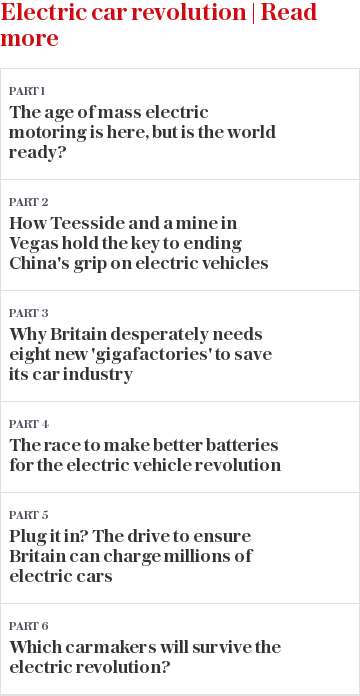We are 'scapegoats' for climate change, says car industry group

The car industry is a "scapegoat" for climate change, the president of a motoring trade group has said.
Dr George Gillespie, of the Society of Motor Manufacturers & Traders said politicians had blamed the auto industry unfairly for climate change.
"Some politicians like to paint the automotive industry as environmental villains rather than help us be the environmental heroes we actually are.
"Do not make us the scapegoats when we are actually the people providing the solutions.
"I know. I have a doctorate in it and I have spent my entire career in this industry working to reduce the environmental footprint of cars, buses and trucks.
"The road to zero is one our industry was walking along before many of today’s advocates had even found it on the map," he told a virtual audience at the group's annual update.
The SMMT pointed to manufacturers' investment in zero-emission technology, falling CO2 emissions and a drop in landfill and energy use.
The car industry has been criticised for its role in the significant carbon dioxide emissions that come from personal vehicles worldwide, as well as for lobbying against changes to legislation which limit its ability to sell petrol and diesel-powered vehicles.
Last year a Greenpeace study claimed that in 2018 the industry's global carbon footprint was greater than that of the EU.
The SMMT is among groups that has in the past pushed for European legislators to move more slowly in strengthening the emissions limits imposed on manufacturers, arguing that more certainty in government support and consumer confidence was needed.

The group also pushed for tariff-free trade with the EU as part of a Brexit deal, warning that any increase in prices would turn consumers off buying electric cars and damage the prospects of the industry.
Mike Hawes, its chief executive, said that the government needed to "show consumers the money".
Concerns have been raised over the Government's new ambitious 2030 deadline for a phase-out of new petrol and diesel cars, and whether the charging and battery disposal infrastructure is in place to achieve it.
"New technology is expensive. Make the grant competitive, make EVs tax free, help us make them affordable for all.
"Second, make charging as easy as refuelling. Residential charging – public charging – must go further and faster," he said.

